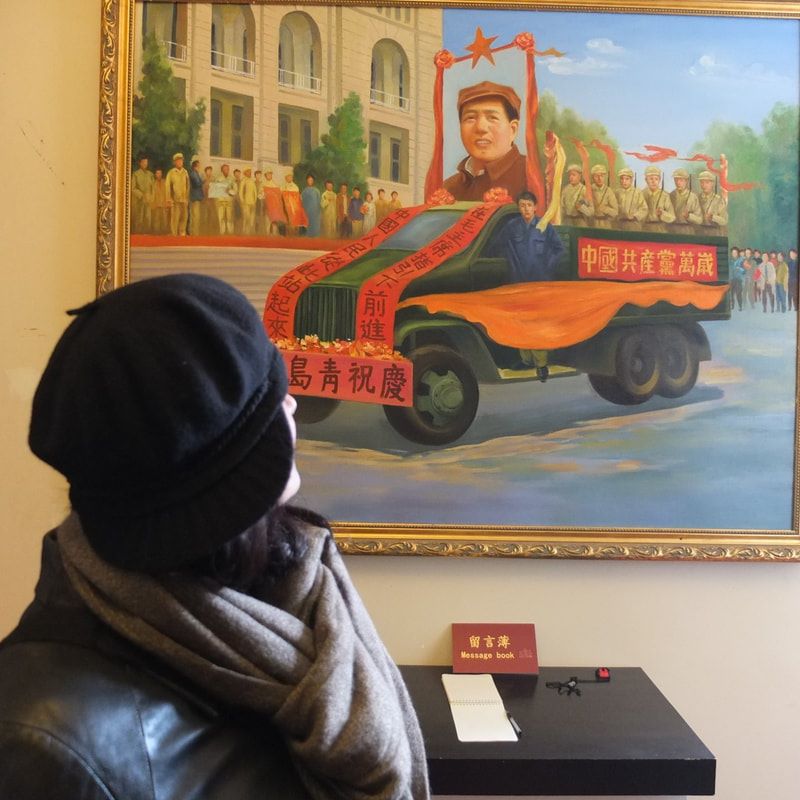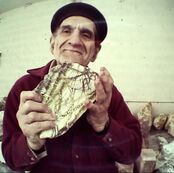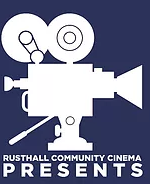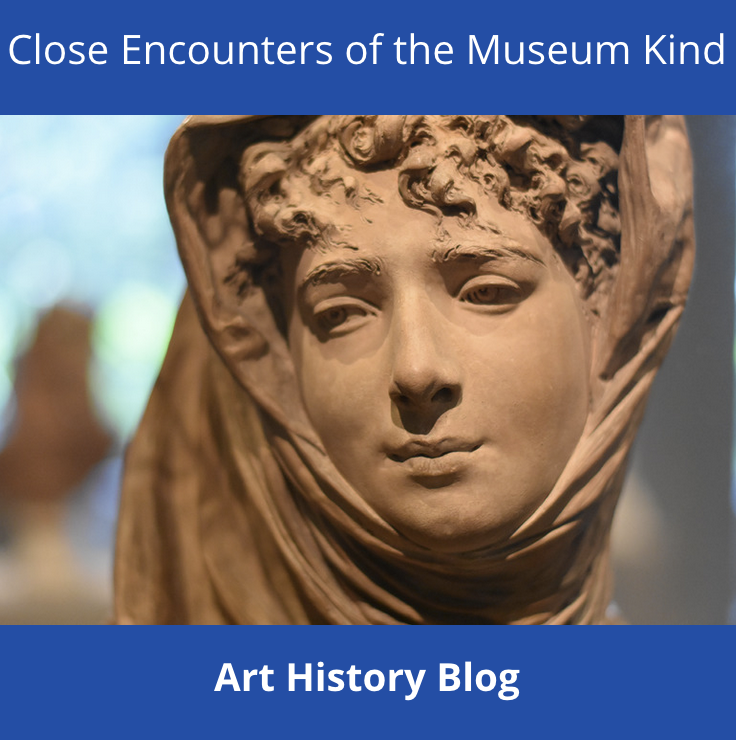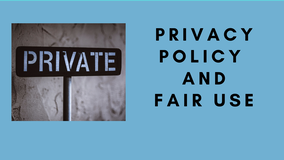This made me think a lot this week, as I just participated in my ex-student, Tianhui Li's MA dissertation at Concordia Film School, where she presented her deeply touching portrait of her grandmother, Wang Yunling. (Sadly I do not have the trailer yet - hopefully it is coming soon.) Tianhui was very influenced by the idea of not conducting research, and speaks about Soda, who influenced her. She also says in her paper that not conducting research goes against everything she was taught in film school, including our school in China where I first met her. The research element is vital as part of the training. We spend a long time in pre-production covering this, and research is not only about discovering more about your subjects, it is also about the legalities, target audience, possible funding if needed, location shots, synopsis writing, and preliminary shooting. However, my first feature film, Dust, A Sculptor's Journey, was filmed on the go, in the instant. I actually didn't even know I would make a documentary, it just happened. And thank God it did just happen, for if it didn't just happen I wouldn't have had the material for my film. I did the research afterwards, which brings me to the point of this reflection: which comes first, the chicken or the egg? It really depends on the type of documentary you are making. For Soda, and Tianhui Li, they make observational documentaries, and they are working in Asia which is easier to film in, with less constraints. Tianhui, writes in her thesis, 'Doing research will let me know the background of my subjects. But sometimes I can find some new points without research because it does not give me restrictions." Thank you very much for passing by. Have a great week. If you enjoy, pass it on. Or subscribe below.
Jeanne
0 Comments
Leave a Reply. |
Jeanne PopeFilmmaker, teacher, traveller and storyteller
Other Links |
|
"Thank you dear Jeanne. It is an honour to have your creative thoughts which are printed in this film. With your love energy, passion and creative thoughts and encouragement this film can have its own soul finally. Thank you so much". Tao Gu - Taming the Horse
|
"Jeannette taught me the tools I needed, never having made a documentary before. She gave so much time, patience to show me, guide me and share her creativity and skills with me." Dr. Zou Qialing, Beijing Film Academy, Qingdao Campus
|
|
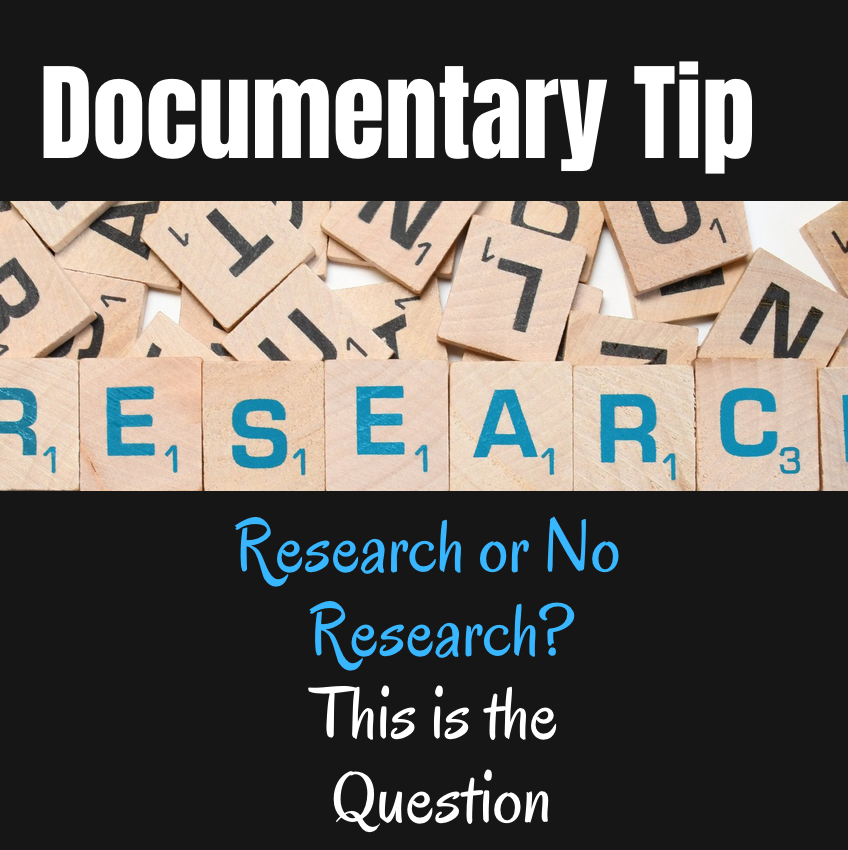
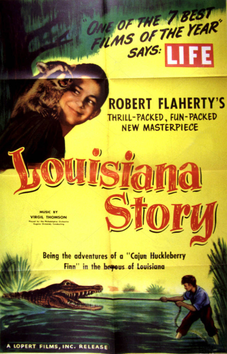
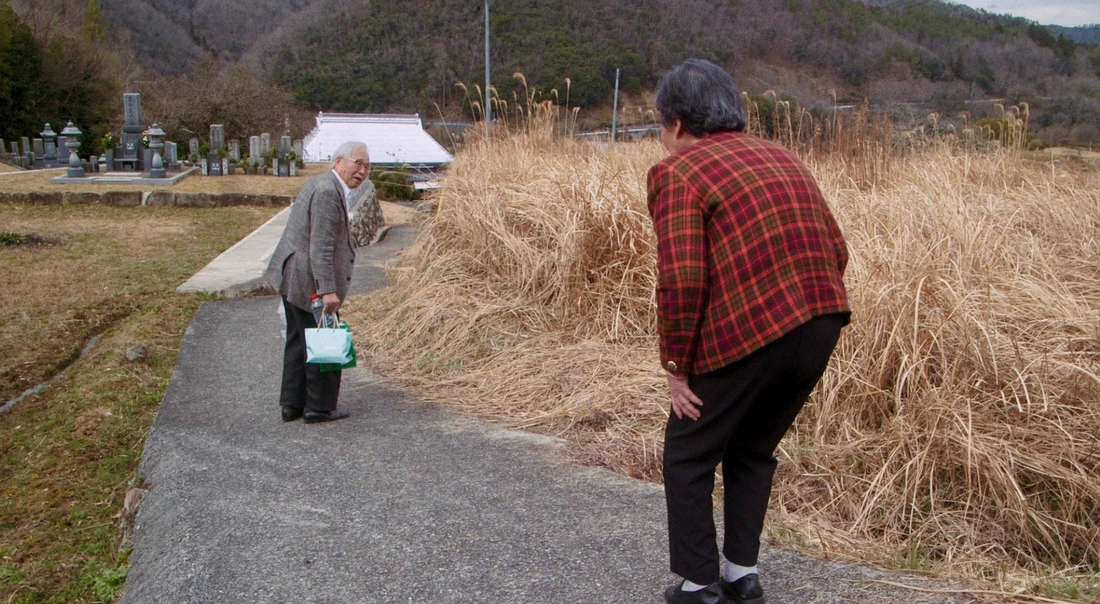
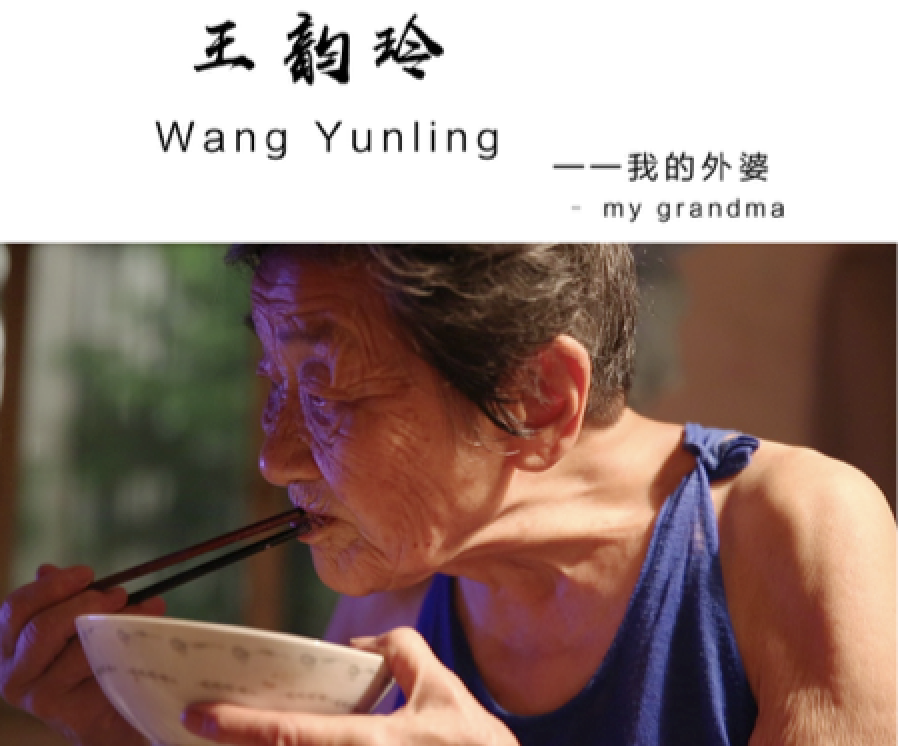
 RSS Feed
RSS Feed
